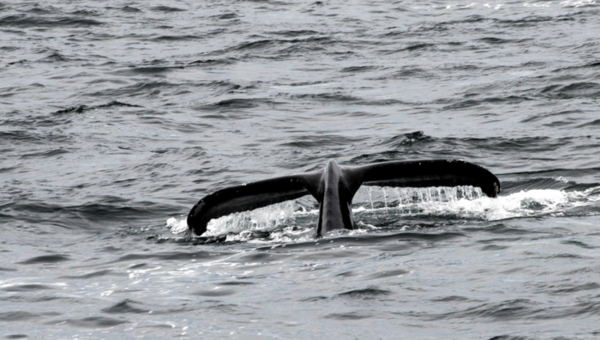North West Mediterranean Sea - Particularly Sensitive Sea Area (NW Med PSSA)
The Club wish to bring to Member’s attention that the North West Mediterranean Sea Particularly Sensitive Sea Area (NW Med PSSA) has recently been designated as per the Marine environment Protection Committee (MEPC.380(80)) which was adopted on 07 Jul 2023.

The purpose of this PSSA is to protect cetaceans from international shipping operating within this Sensitive Area, and is the result of a European Commission submission to the 79th session of the MEPC.
As per the guideline, mariners should exercise extreme care when navigating in the area bounded by the geographical coordinates listed in the Annex 1 of the resolution, with the objective of minimising the risk of ship strikes with cetaceans in order to protect the area’s unique and threatened species.
As per the MEPC Resolution all commercial ships and pleasure yachts of >300 GT are recommended to implement and adhere to the Associated Protective Measures (APMs) as per Annex 4 in the MEPC Resolution. It is Club’s recommendation that all vessels operating and passing through the areas should consider and implement these guidelines.
While some agencies have proposed to the IMO for the APM to be made mandatory, it currently remains a recommendation for shipping companies to adopt into their operational procedures and to educate their mariners. Whilst protection measures exist that address threats such as from oil pollution and the discharge of garbage, the APM in Annex 4 is intended to mitigate the risk of ship contact with cetaceans.
The coverage of the NW Med PSSA encompasses the whole Pelagos Sanctuary and the Spanish cetacean migration corridor which are already designated as Special Protected Areas of Mediterranean Importance (SPAMI), and further includes two ecologically significant marine areas as recognised by the Convention on Biological Diversity (CBD).
According to the submission made by the European Commission, the preservation of cetaceans is a necessity in terms of maintaining the ecological balance in the Mediterranean Sea and contributes to the mitigation of climate change. The submission further elaborates that the cetacean population, which are genetically isolated from the Atlantic populations, have a unique value. According to the submission, without associated protective measures, a decline in the population of medium and large cetaceans is to be expected and further, that implementing a speed reduction strategy will allow a significant decrease in the likelihood of fatal wildlife-related injuries.
According to the MEPC.380(80), ship collision is recognised as an important threat to cetaceans, the risk of collision increasing with vessel speed. The voluntary speed reduction in Hauraki Gulf, New Zealand has resulted in no ship strikes and similarly the speed reduction on the Atlantic coast of the United States with no mortalities of whales.
The Associated Protect Measures (APMs) while navigating in the NW Med PSSA are:
- Mariners should navigate with particular caution within the NW Med PSSA, in areas where large and medium cetaceans are detected or reported, and reduce their speed to between 10 and 13 knots as voluntary speed reduction (VSR). However, a safe speed should be kept, so that proper and effective action could be taken to avoid collision and any possible negative impacts on ship's manoeuvrability.
- Mariners should keep an appropriate safety distance or speed reduction measure from any large and medium cetaceans observed or detected in close quarter situation. The safety distance or speed reduction measure should be adapted to the actual navigation circumstances and conditions of the ship.
- Mariners should broadcast on VHF or other available means on scene, the position of medium and large cetaceans observed or detected within the designated PSSA and transmit the information and the position to a designated coastal Authority or Authorities.
- Mariners should report any collision with cetaceans to a designated coastal Authority or Authorities, which should forward this information to the International Whaling Commission (IWC) global cetacean ship strikes database.
The EU submission to the IMO further recommends that such vulnerable areas are clearly indicated on nautical charts and that the designated coastal authority(ies) broadcast information on the presence of large and medium cetaceans as navigational warnings. The submission further recommends increased look out while in the area, use of infrared camera for detection at night and for the designated coastal authorities to prepare material and information to raise awareness of the crews.
For further guidance please contact the Loss Prevention Team using the following email: [email protected]


